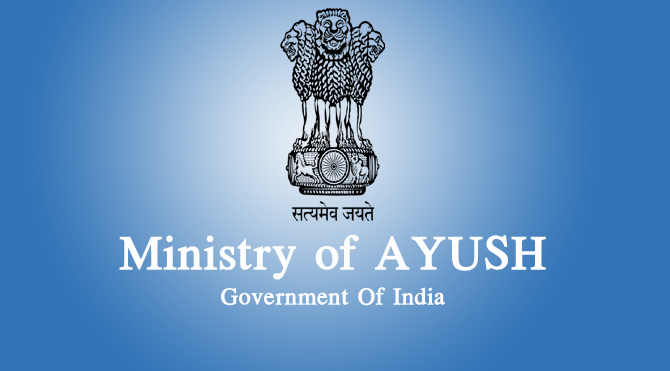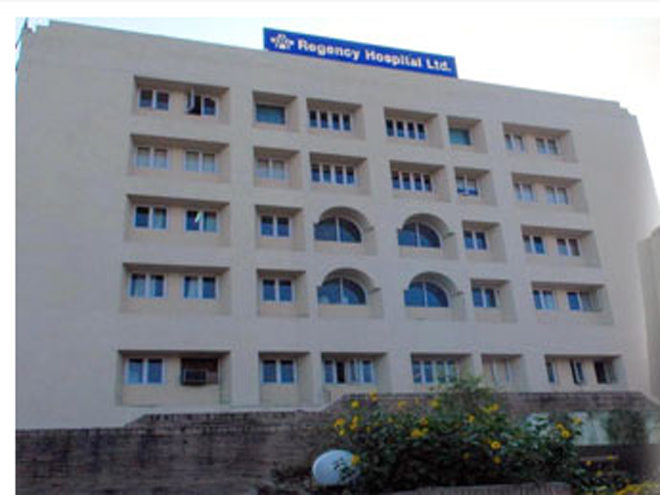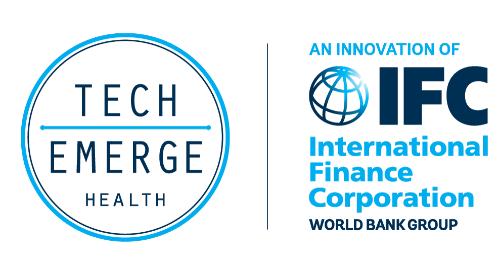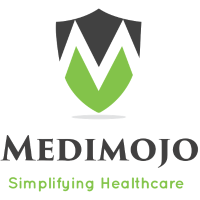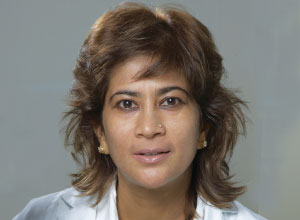
 Max Healthcare, with its mantra of star facilities and cutting-edge technology, is writing a new chapter in Indias healthcare services. Dr Poonam Das, Director “ Institute of Lab Medicine, Max Super Specialty Hospital, shares her perspectives on the clinical laboratory business in India
Max Healthcare, with its mantra of star facilities and cutting-edge technology, is writing a new chapter in Indias healthcare services. Dr Poonam Das, Director “ Institute of Lab Medicine, Max Super Specialty Hospital, shares her perspectives on the clinical laboratory business in India
What is your outlook on diagnostic industry in India?

The diagnostic industry has evolved considerably over the past decade. It is now positioned as basic accompaniment to diagnosis and treatment of all kinds of diseases. There is a clear focus towards providing relevant service to any clinical setting, be it emergency care, care on an OPD basis or inpatient healthcare delivery. The ever-increasing level of awareness among our patients has also helped in streamlining the evolution of diagnostic services.
What is the level of IT applications in your laboratories? How is it adding value to the efficiency of your business?
Diagnostics have been the most automated vertical among all specialities for several years. Automation became a standard during the late eighties and the early nineties. Technology has grown by leaps and bounds over the years since then. After every couple of years upgrades are required to meet the ever-changing needs of the business. The IT systems in the Lab are state-of-the art. Lab doctors and technologists are adept in using these technologies for bringing out efficient, precise and accurate outcomes in fastest possible turn-around-times.

In an environment like ours, where we have state of the art labs in all our hospitals, with a super-speciality central lab at Saket, a single central database linked over a private cloud can bring immense value by integrating all Max hospital labs together. There are checks and balances in every sub-process with the system forming the backbone on enforcing policies. A robust MIS structures ensures quality management and adherence to norms and expected TATs. Operational flow in the lab is fully IT enabled: Every specimen is bar-coded at sampling, all our analysers are bi-directionally interfaced, test orders are by a CPOE enabled EHR system and the verified results become available to the inpatient areas instantly.
What is the share of organised and un-organised laboratories in the diagnostic sector?
It is estimated that there are around 65000 medical laboratories in the country, of which a few more than 280 are NABL accredited. A smaller number are in the process of getting accredited. An acceptable laboratory is one that is run by a qualified medical professional with a relevant post-graduate degree in that facilitys field of diagnostics. Only about 50 percent of the labs satisfy this criterion. The rest may be considered unorganised. However, some exceptions are permitted in rural settings given the need of fostering healthcare penetration in rural areas.
What is the role of accreditation and regulations in the diagnostic sector in India?
Accreditation is the need of the hour. With the ever increasing scope of diagnostics, the control over the quality of service provided cannot be left to individual laboratories. There can be a large number of reasons why good lab practices suffer in the absence of accreditation. The value of diagnostic results is as good as the quality control that goes behind completing the analysis. Accreditation certifies that a lab is proficient in testing. This provides a degree of authenticity to the labs reports. The current drive toward accreditation is improving the overall level of efficiency in the diagnostic industry. Eventually accreditation will contribute to minimising instances of analyses, which use sub-par practices. This will improve the confidence level of clinicians and patients.
Be a part of Elets Collaborative Initiatives. Join Us for Upcoming Events and explore business opportunities. Like us on Facebook , connect with us on LinkedIn and follow us on Twitter , Instagram.



